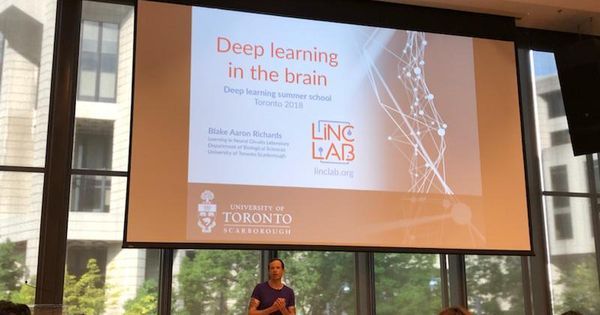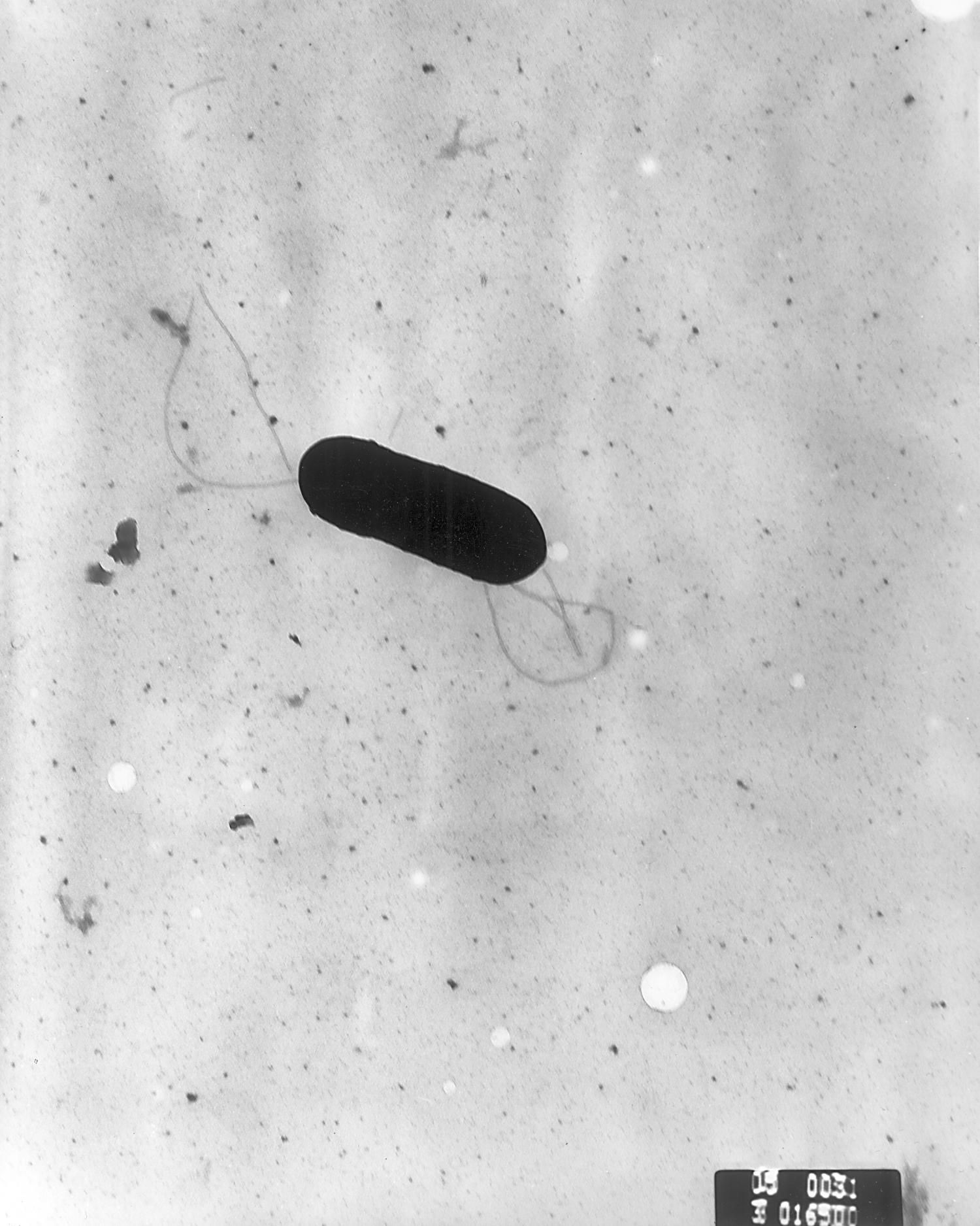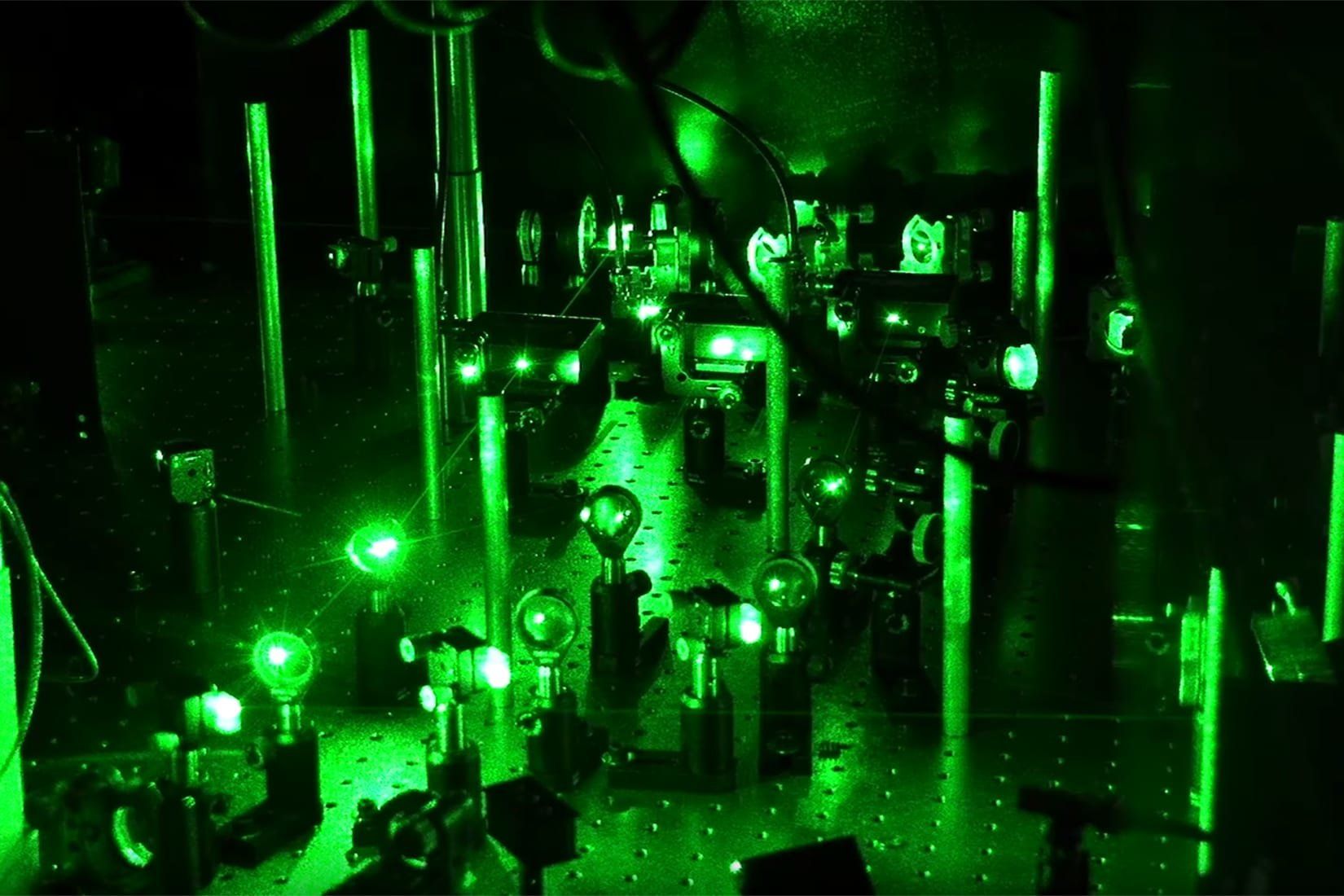In my life as a human, I see clues that evolution on Earth and elsewhere in the cosmos at large is not being pushed from behind in entropic randomness but being pulled forward by complexification, natural selection and other evolutionary forces orchestrated by a strange unseen teleological attractor, in McKenna’s words “the Transcendental Object” at the end of time. One may see significant overlapping ideas between the transhumanist Technological Singularity and the Teilhardian Omega Point. The coming Technological Singularity could unravel one of the deepest mysteries of fractal hyperreality: consciousness alternating from pluralities to singularities and from singularities back to pluralities. We are already immortal, but the forthcoming Syntellect Emergence when your mind is digitized, will preserve some of your organic memories if you so desire, and most importantly, will ensure the continuity of your subjectivity into the higher realms of existence. #LifeboatFoundation
By Alex Vikoulov.
“If the doors of perception were cleansed then everything would appear to man as it is, Infinite. For man has closed himself up, till he sees all things through narrow chinks of his cavern” –William Blake.








